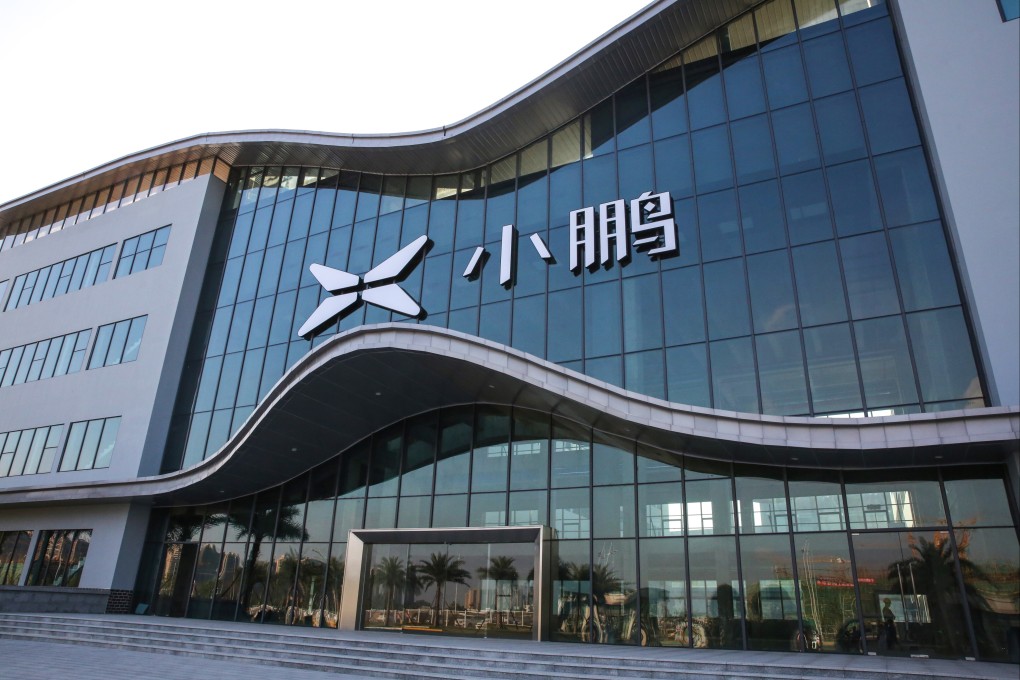CEO of Chinese EV maker Xpeng buys 2.2 million US shares from market as new SUV model expected to boost sales, profitability
- Xpeng’s shares have fallen more than 60 per cent in Hong Kong and New York since late June
- The company is pinning hopes on its new G9 SUV, due for customer delivery in October, to bolster sales and enhance competitiveness

He Xiaopeng, the founder and CEO of Chinese smart electric vehicle (EV) maker Xpeng Motors, bought 2.2 million of the firm’s American depositary shares from the market, as its new SUV launch boosts confidence for future profitability after months of downward pressure on the stock.
He paid almost US$30 million for the shares he picked up from the open market on September 23, based on the average price of US$13.58 apiece disclosed in a Hong Kong stock exchange filing on Sunday.
The company, which went public in New York in August 2020 and Hong Kong in July last year, has seen its shares fall more than 60 per cent in both markets since late June.
“Xpeng’s current sales have hit a bottleneck, and it is difficult to further increase its sales due to the increase in competitors,” Wang De’an, an analyst at Ping An Securities, wrote in a report on Friday. Due to lower car prices, its profitability was also weaker than domestic competitors Nio and Li Auto, he added.
The company is pinning hopes on its new G9 SUV, due for customer delivery in October, to bolster sales and enhance overall competitiveness in the fast-growing mainland EV market. Xpeng launched the G9 in China on Tuesday, calling it “the world’s fastest-charging mass-production SUV, [boasting] the industry’s first full-scenario Advanced Driver Assistance System”.
The carmaker expects to ship 10,000 units per month of the premium smart SUV, which is capable of self-navigating along city streets and needs just five minutes of ultra-fast charging for a driving range of 200 kilometres.